Most days, your schedule is likely filled to the brim, which can easily cause you to feel stress. While your cat’s days aren’t nearly as hectic, felines experience stress for different reasons, but they are just as valid as yours. A cat can become stressed because of:
- Boredom
- An insufficient number of appropriate outlets for practicing their natural behaviors
- Bullying or aggression among household pets
- Inadequate resources
- Dirty litter boxes
- Illness
- Pain
- Changes in routine, environment, or family structure
- Abrupt diet changes
- Traveling or boarding
- Visitors
When cats are chronically stressed, they can develop myriad behavioral and medical problems that can significantly impact their health and wellbeing. To learn how to determine whether your feline friend is exhibiting stress signs, consider our Oliver Animal Hospital team’s 10 clues.
#1: Your cat has been hiding lately
When your cat is emotionally overwhelmed, they may retreat to their safe space. If your whiskered pal has been spending a great deal of time hiding, this is an indication that something is amiss.
#2: Your cat is pulling out chunks of fur
Overgrooming can be a feline stress sign. You may spot bald patches, or your cat may be hacking up more hair balls than usual.
#3: Your cat is irritable
Stress can make anyone grumpy, and your cat is no exception. Your feline friend may pick fights with other household pets, or exhibit irritation when you try to pet or play with them.
#4: Your cat’s eating habits have changed
Stress may cause your cat’s appetite to increase or decrease. If one household cat is being bullied by another, they may run to the food bowl and gulp down their portion before darting back to their hiding spot before the aggressor instigates a fight. On the other hand, if your cat is bored, they may spend their days at the bowl simply to occupy their time.
#5: Your cat isn’t using the litter box
Inappropriate elimination is a major feline stress sign. Whether your cat is peeing on the pile of clothes in your closet, or defecating right next to the litter box, they could be stressed. Stress can also trigger urination issues such as feline idiopathic cystitis (FIC). Cats with FIC urinate small amounts frequently, spend unproductive time in the litter box, or have bloody urine. Occasionally, a cystitis flare can lead to a urethral blockage, which is a life-threatening emergency.
#6: Your cat is scratching in new areas
An abrupt change in your cat’s scratching patterns can indicate stress. If they’ve gone from only using scratching posts and climbing towers, to clawing furniture, doorframes, and window frames, stress may be a factor. A stray cat may be marking your front door, or your whiskered pal may frequently spot the neighbor’s dog in your yard, leading your cat to reinforce their territorial boundaries through claw and pheromone marks.
#7: Your cat is vocalizing more than normal
Stressed or anxious cats are often excessively chatty, and may meow, chirrup, chatter, or yowl more than usual. Your cat may be trying to get your attention if they are constantly meowing at you, crying for help.
#8: Your cat is sleeping more than usual
Stressed cats may shut down and spend much of their time sleeping. These intelligent creatures have also been known to act like their sleeping.
#9: Your cat’s chronic health issues are worsening
Ongoing stress can take a serious toll on your cat’s health, as it weakens their immune system. If your feline friend has a chronic medical problem, such as an upper respiratory virus, they may exhibit more severe signs than usual.
#10: Your cat is eating things they shouldn’t
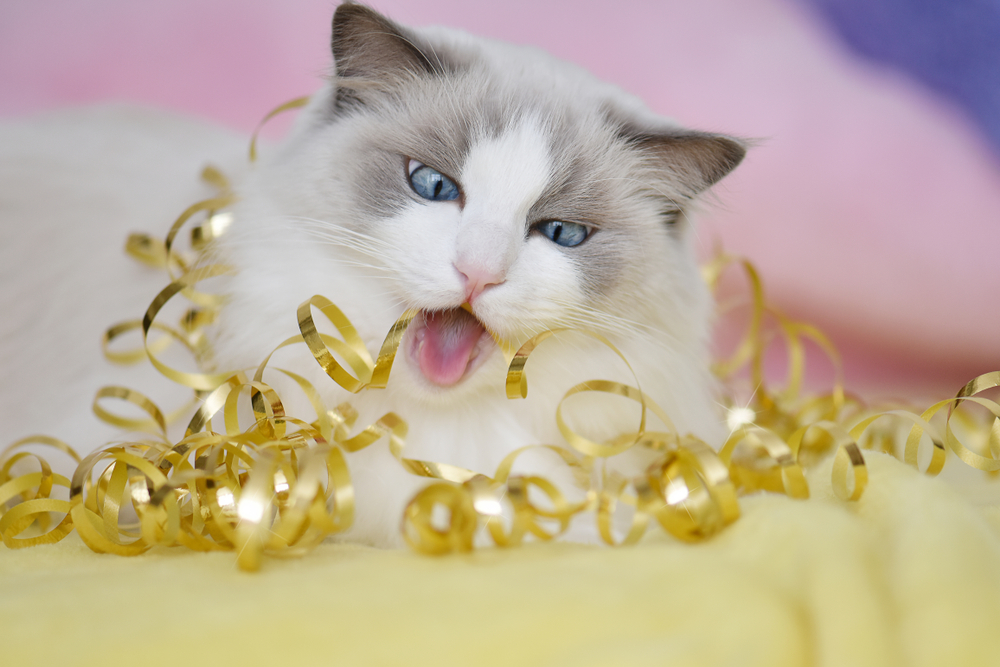
When your cat eats nonfood items, they are engaging in pica. This behavior can be dangerous if your whiskered pal swallows string or thread. The item can become lodged in their intestinal tract, break through their intestinal walls, and cause sepsis. If your cat is chewing paper, bedding, and various household items, they may be feeling stressed or suffering from a nutritional deficiency.
Your cat’s mental health plays a huge role in their physical health. If your feline friend appears stressed, anxious, or bored, schedule an appointment with our Oliver Animal Hospital team to learn how to help them cope.


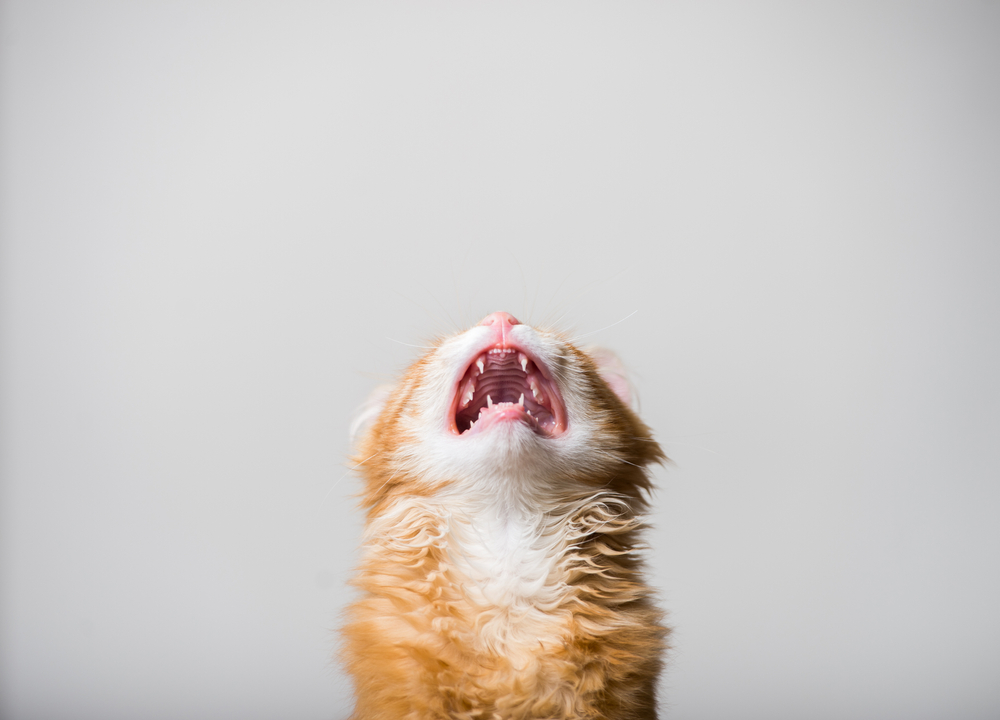
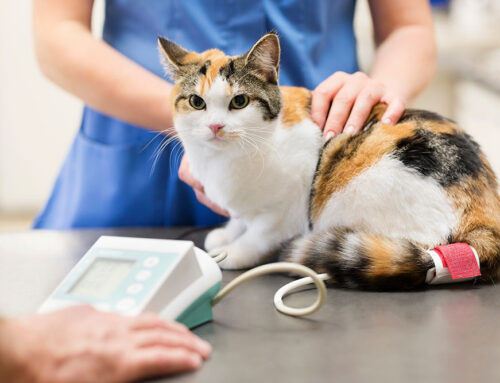
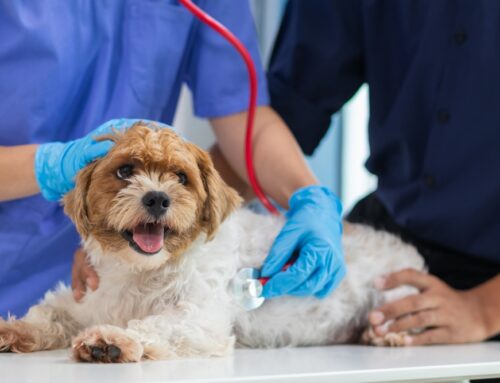

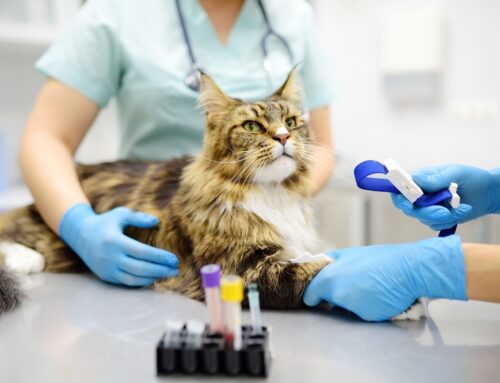
Leave A Comment